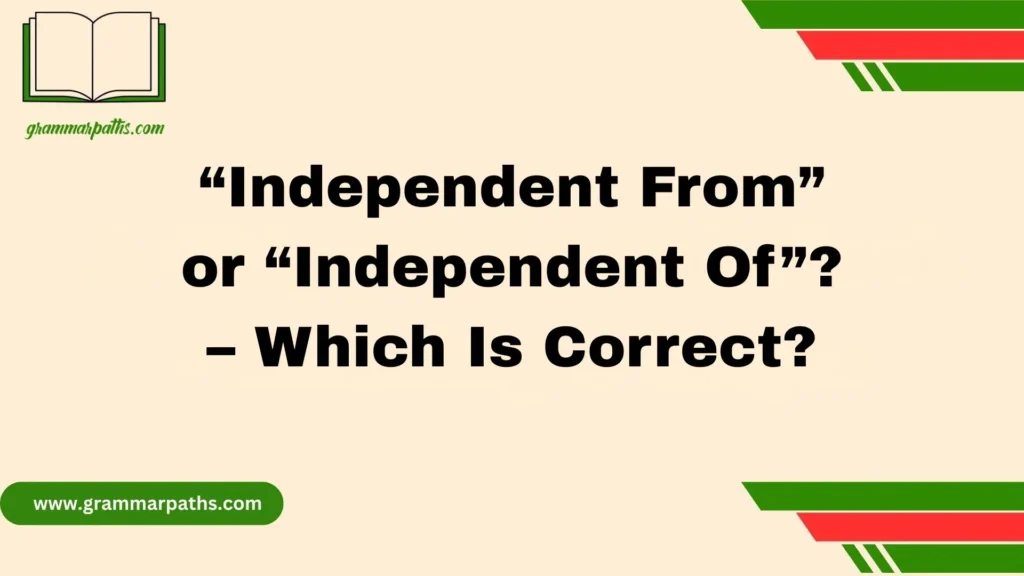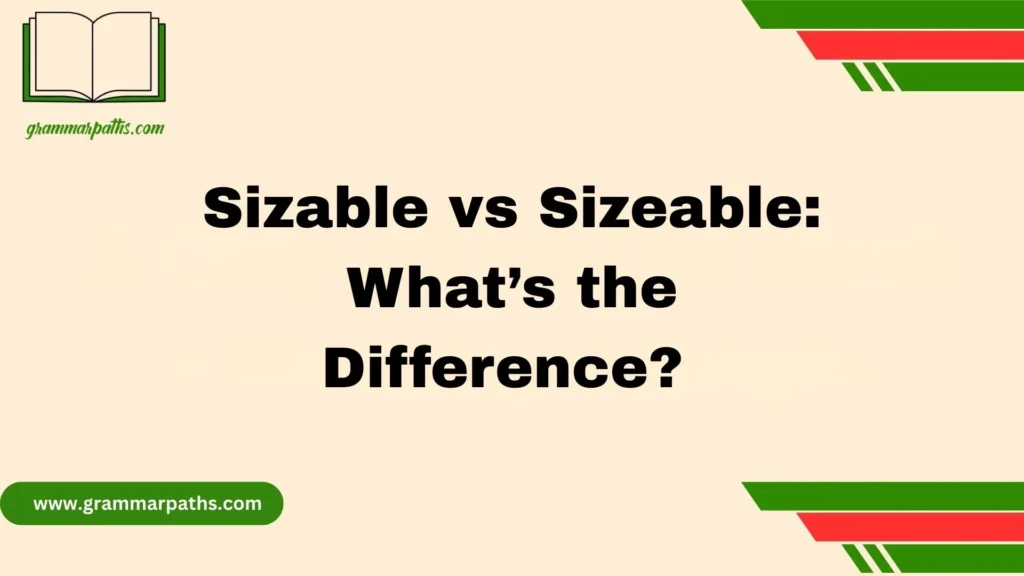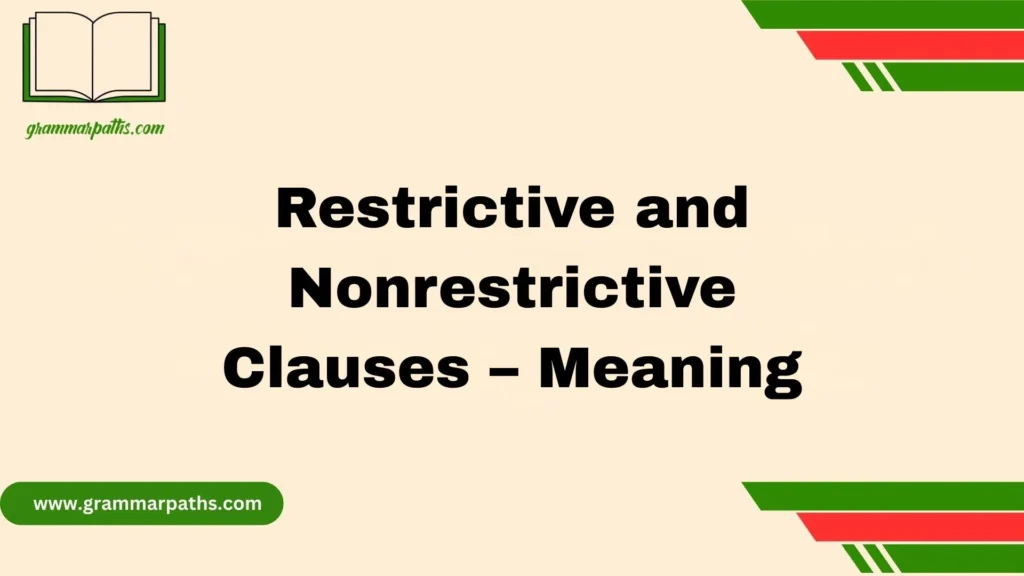As a writer and language editor, I’ve often wrestled with the question: Should “summer” be capitalized? At first glance, the rules of capitalization in American English seem straightforward—until you hit the seasons.It feels inconsistent. Grammar tells us not to capitalize words like “spring” or “fall” in general sentences. But the moment you write “Summer Break”, it starts to feel like a proper noun, a formal term, or even part of a title. That’s where context becomes everything.
I’ve seen even experienced writers make this mistake, especially when working with academic calendars, event schedules, or holiday references where the lines blur. These are the kinds of details where precision matters, and a small slip can make polished writing look careless.What really trips people up are the subtle nuances. You might correctly write, “the joys of summer” in lowercase. But switch to “Summer Break starts next week”, and suddenly that capital S feels right—and it often is.
Without a clear-cut rule, this leads to inconsistencies even in professional writing. As someone who edits daily, I’ve found myself second-guessing edits when the context shifts ever so slightly. It’s not just about knowing the rule—it’s about recognizing when the rule bends.Knowing when capitalization counts—especially in names, titles, or stylistic exceptions—can elevate your writing from average to precise. And if you’re ever unsure, know this: you’re not alone. Even seasoned editors like myself still face this challenge. The key is staying curious, cautious, and always context-aware.
The Golden Rule: Is “Summer” Capitalized in Standard English?
Here’s the simple answer: No, the word “summer” is not capitalized in most standard writing.
Why? Because in grammatical terms, seasons are common nouns, not proper nouns.
A common noun names a general thing—like “tree,” “dog,” or “season.”
A proper noun names a specific thing—like “Amazon,” “Einstein,” or “Monday.”
So unless you’re using “summer” in a specific, formal context, keep it lowercase.
Examples of Correct Usage:
- I can’t wait for summer to arrive.
- We usually go hiking in the fall.
- The winter weather here is brutal.
Incorrect:
- I love the warm Summer breeze.
- They traveled during Winter.
Why Months and Days Are Capitalized—But Seasons Aren’t
It might seem odd that we capitalize April and Friday, but not summer or fall.
The reason lies in etymology and grammar tradition.
Historical Origins:
- Days of the week and months are named after mythological figures and deities.
- Thursday comes from Thor’s Day.
- January is named after the Roman god Janus.
- Thursday comes from Thor’s Day.
Because of this, they’ve always been treated as proper nouns, and therefore are capitalized.
Seasons like summer and winter, on the other hand, don’t refer to a specific person or place—so they remain common nouns.
Comparison Table
| Term Type | Example | Capitalized? | Why? |
| Day | Friday | Yes | Proper noun (named after gods) |
| Month | March | Yes | Proper noun (historical origin) |
| Season | summer | No | Common noun, not a specific entity |
Common Mistakes People Make with Season Capitalization
Even native English speakers get tripped up when it comes to season capitalization. Let’s break down the most common errors.
Mistake 1: Capitalizing Seasons Mid-Sentence
- Incorrect: I’ll be traveling in Summer.
- Correct: I’ll be traveling in summer.
Mistake 2: Copying Marketing or Design Choices
Visual formatting in ads often uses title case or all caps for style, not grammar.
- “Endless Summer Sale” might look good on a banner, but it’s not grammatically correct unless it’s a title.
Mistake 3: Assuming Time-Related Words Are Always Capitalized
Days and months are capitalized. But that doesn’t extend to general times like seasons.
Quote to remember:
“Just because it’s time-related doesn’t make it a proper noun.” – English Grammar Today
The Exception Zone: When You Should Capitalize “Summer”
While the default rule is to use lowercase, there are clear exceptions when “summer” deserves its capital letter.
When to Capitalize “Summer”:
- Start of a sentence
- Summer storms can be intense in the Midwest.
- Summer storms can be intense in the Midwest.
- In titles or headings
- In title case (APA, MLA, Chicago)
- 10 Must-Have Essentials for Your Summer Road Trip
- 10 Must-Have Essentials for Your Summer Road Trip
- In title case (APA, MLA, Chicago)
- Part of a proper noun or event name
- The Summer Olympics draw athletes from all over the world.
- The Summer Solstice marks the longest day of the year.
- The Summer Olympics draw athletes from all over the world.
- Personification or poetic use
- Summer smiled down upon the meadows.
- Summer smiled down upon the meadows.
- Academic or institutional names
- Summer Semester 2025 begins on June 3.
- Fall Term Registration is now open.
- Summer Semester 2025 begins on June 3.
Is “Summer Break” Capitalized? Let’s Clear It Up
This is one of the most searched questions related to seasons. And the answer is: it depends on the context.
General Rule:
- Do NOT capitalize “summer break” when used generically.
- I’m excited for summer break.
- I’m excited for Summer Break.
- I’m excited for summer break.
When to Capitalize:
- When it’s part of a formal title or program.
- Jefferson High Summer Break Calendar 2025
- Summer Break Internship Program
- Jefferson High Summer Break Calendar 2025
- In titles of blog posts, emails, or official announcements:
- Tips to Keep Kids Engaged During Summer Break
- Tips to Keep Kids Engaged During Summer Break
Style Guide Input:
| Style Guide | Rule on “Summer Break” |
| AP Style | Lowercase unless part of proper name |
| MLA Style | Capitalize in title case only |
| APA Style | Lowercase in body text, title case in titles |
Case Studies: Real-World Examples of Seasonal Capitalization
Let’s analyze how “summer” and seasonal terms appear in the wild.
Case Study 1: Email Subject Lines
- Back-to-School Prep Starts This Summer
- Back-to-School Prep Starts This Summer (if not part of a brand or title)
Case Study 2: School Calendar
- The Summer Term starts June 1.
(Here “Summer Term” is a named academic session—capitalized)
Case Study 3: News Article Titles
- Summer Heat Wave Breaks Records in Texas
Case Study 4: Social Media Posts
- “Counting the days till summer!”
- “Counting the days till Summer!”
Lesson: Always ask—is it a proper noun, title, or event name? If not, keep it lowercase.
Style Guide Roundup: What the Experts Say About “Summer”
Different writing style guides agree on most rules—but vary slightly on formatting in titles or academic usage.
Summary Table:
| Style Guide | General Use of “Summer” | Capitalization in Titles | Capitalize for Events (e.g., Summer Olympics)? |
| AP Style | No | Title case | Yes |
| Chicago Manual | No | Title case | Yes |
| APA Style | No | Title case | Yes |
| MLA Style | No | Title case | Yes |
Tip: When in doubt, follow the style guide you or your employer uses. For web content, APA or AP are common.
Why Brands Capitalize “Summer” in Ads (Even If It’s Wrong)
Walk through a mall or scroll through Instagram and you’ll see:
- SUMMER SALE – 50% OFF
- Hot Summer Picks Just for You
- End of Summer Blowout
What’s Going On?
This isn’t about grammar—it’s about marketing and design.
Capital letters draw attention. Marketers often capitalize for emphasis, not correctness.
Don’t Copy This in Formal Writing
Unless you’re creating ads or headlines, stick to standard grammar rules in reports, essays, and professional emails.
Memory Tricks to Remember Season Capitalization Rules
Grammar doesn’t need to be boring. Here are some simple tricks to help you remember when to capitalize seasons like “summer.”
Quick Tips:
- Only capitalize “summer” if it’s:
- At the start of a sentence
- In a title or heading
- A formal event or academic term
- Personified in literature
- At the start of a sentence
- Don’t capitalize if you’re just talking about the time of year.
Mnemonic Device:
“Summer is chill — so are its letters.”
(Translation: lowercase “summer” unless there’s a good reason not to.)
FAQs About Capitalizing Seasons and Seasonal Phrases
Q: Is “Fall Semester” capitalized?
Yes, if referring to a specific term like Fall Semester 2025.
No, if used generically: “I’ll enroll next fall semester.”
Q: Do I write “this Winter” or “this winter”?
“this Winter” is incorrect.
“this winter” is right unless it’s in a title.
Q: What about “Summer Reading Program”?
Capitalize if it’s a specific event or title.
Use lowercase for general references.
Q: Does British English differ?
Generally, the same rules apply in British English. However, style guides may vary slightly in title case usage.
Final Thoughts: Keep Season Capitalization Simple and Contextual
At the end of the day, capitalizing “summer” depends entirely on context. If you’re simply talking about the season—like “I love summer sunsets”—then keep it lowercase. But if you’re referring to a formal event, title, or official name—such as “Summer Break begins June 5th”—then it deserves a capital letter.
Understanding when to capitalize seasons like summer, fall, winter, and spring is about more than just memorizing rules. It’s about reading the context, recognizing proper nouns, and writing with clarity and confidence.
Recap Table
| Usage | Capitalize? | Example |
| General season reference | No | I love summer. |
| Start of a sentence | Yes | Summer is finally here. |
| In titles (APA/MLA) | Yes | Summer in the City |
| Formal events or terms | Yes | Summer Olympics |
| Personification/poetry | Yes | Summer danced in. |

Grace Marie is the dedicated writer behind GrammarPaths.com, where she shares her passion for English grammar, idioms, and writing mastery. With a strong background in language studies and years of experience helping learners improve their communication skills, Grace creates clear, practical, and engaging content that makes English easy to understand.












